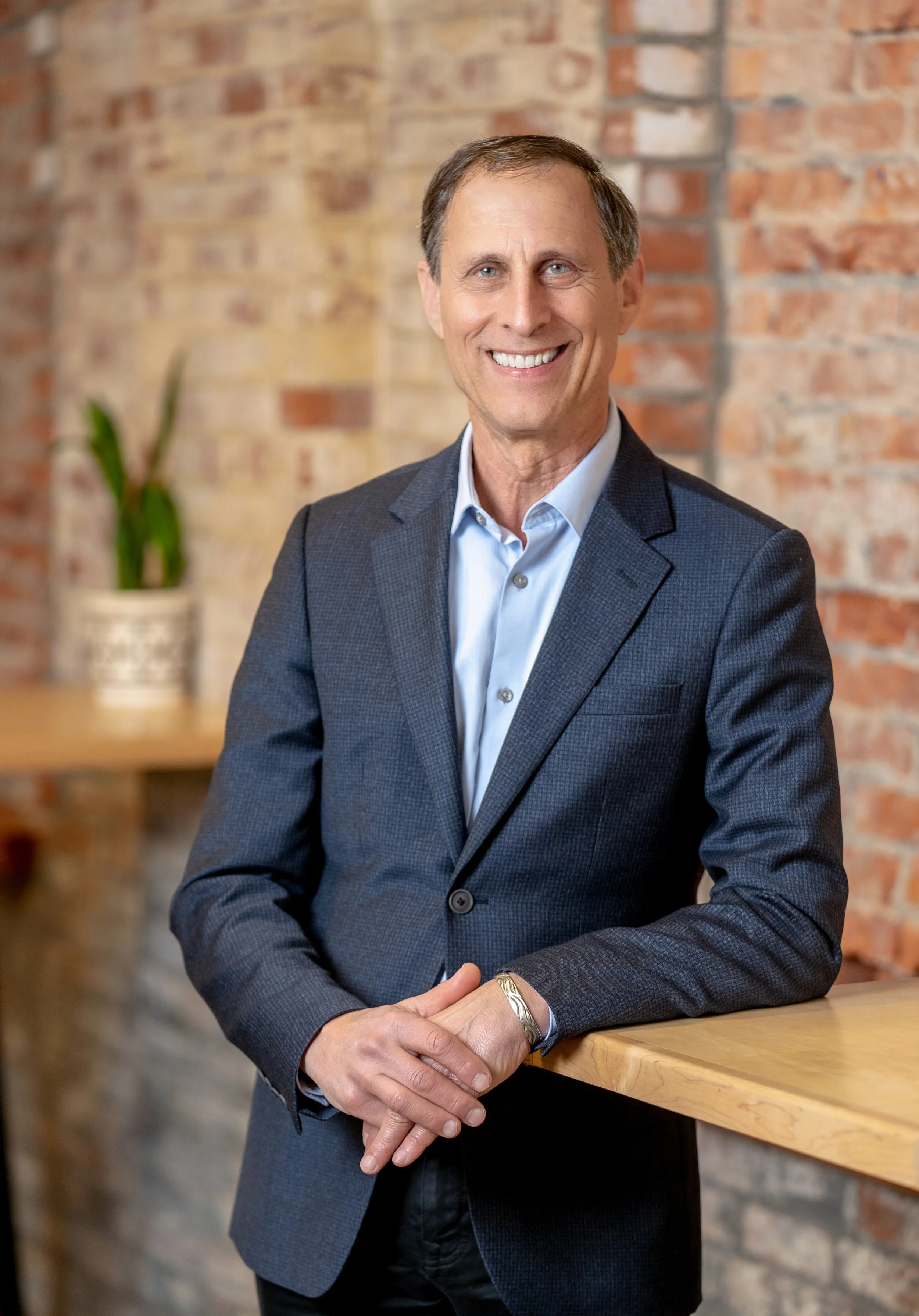
Vermont Education
Substance Treatments
And Technology Solutions
What we do
VESTATS provides:
EDUCATION on the science behind drug and alcohol use and its treatment to the general public and professionals.
EXPERTISE to create treatment networks, especially across large organizations, cities, counties and states, and nations mirroring the Hub and Spoke model.
ADVICE and guidance to opioid treatment providers to implement the Wheels and Waves program and other technological solutions.
Common Topics of Interest:
Neurobiology of substance use
Alcohol, cocaine, methamphetamine, opioid, tobacco, benzodiazepines, psychedelics
Treatment of substance use
Alcohol, opioid, tobacco, stimulants (cocaine, methamphetamine)
Hub and Spoke model
An integrated approach to treating opioid use disorder in a primary care setting.
Treatment Need Questionnaire
A triage tool for determining level of care for opioid use disorder.
Wheels and Waves
An innovative program that blends a smartphone video app for self-recording medicine ingestion with a secure locked device for dispensing medication, in this case methadone.
Our Services
Consultation
Education
Technology
Solutions
Substance
Treatment
Our leadership
He developed the nationally recognized Hub and Spoke model of care of opioid use disorder in Vermont and was a founding member of CHARM to holistically treat pregnant mothers and their newborns. He also developed the very successfully, widely utilized opioid triage tool: The Treatment Need Questionnaire.
He developed the technology solution known as Wheels and Waves to provide improved access to opioid treatment through reduction in travel and time to get to treatment.
“
"There's almost nothing to do with medication-assisted treatment and addressing the opiate crisis that he hasn't had a role in during the last 20 years," said Tom Dalton, executive director
Vermonters for Criminal Justice Reform.
"He's really been a force of nature."
Brooklyn believes opioid addiction should be treated as the medical condition that it is.
"Drug use doesn't define you as an individual," he said. "It doesn't define your morality or anything else but your brain. The difference between you and the person next to you is a few genes in the code." Just as a person with diabetes or heart disease should receive the treatment that has proved to be most efficacious for their particular illness, so should a person with opioid-use disorder.
"First and foremost he's a stellar family practice doctor," according to his boss at the Community Health Centers, CEO Alison Calderara. She credits Brooklyn with teaching her, and some of his fellow doctors at the health centers, that addiction "really is a chronic disease."





